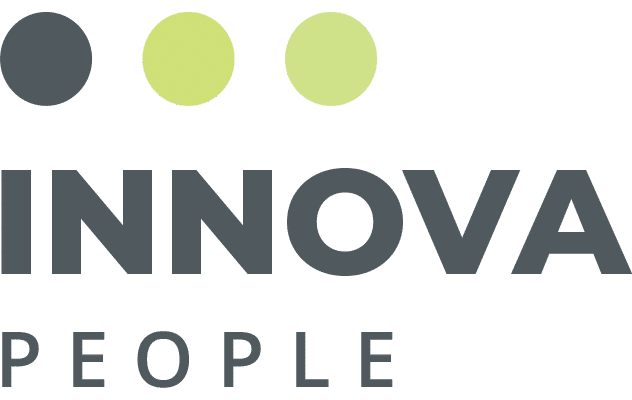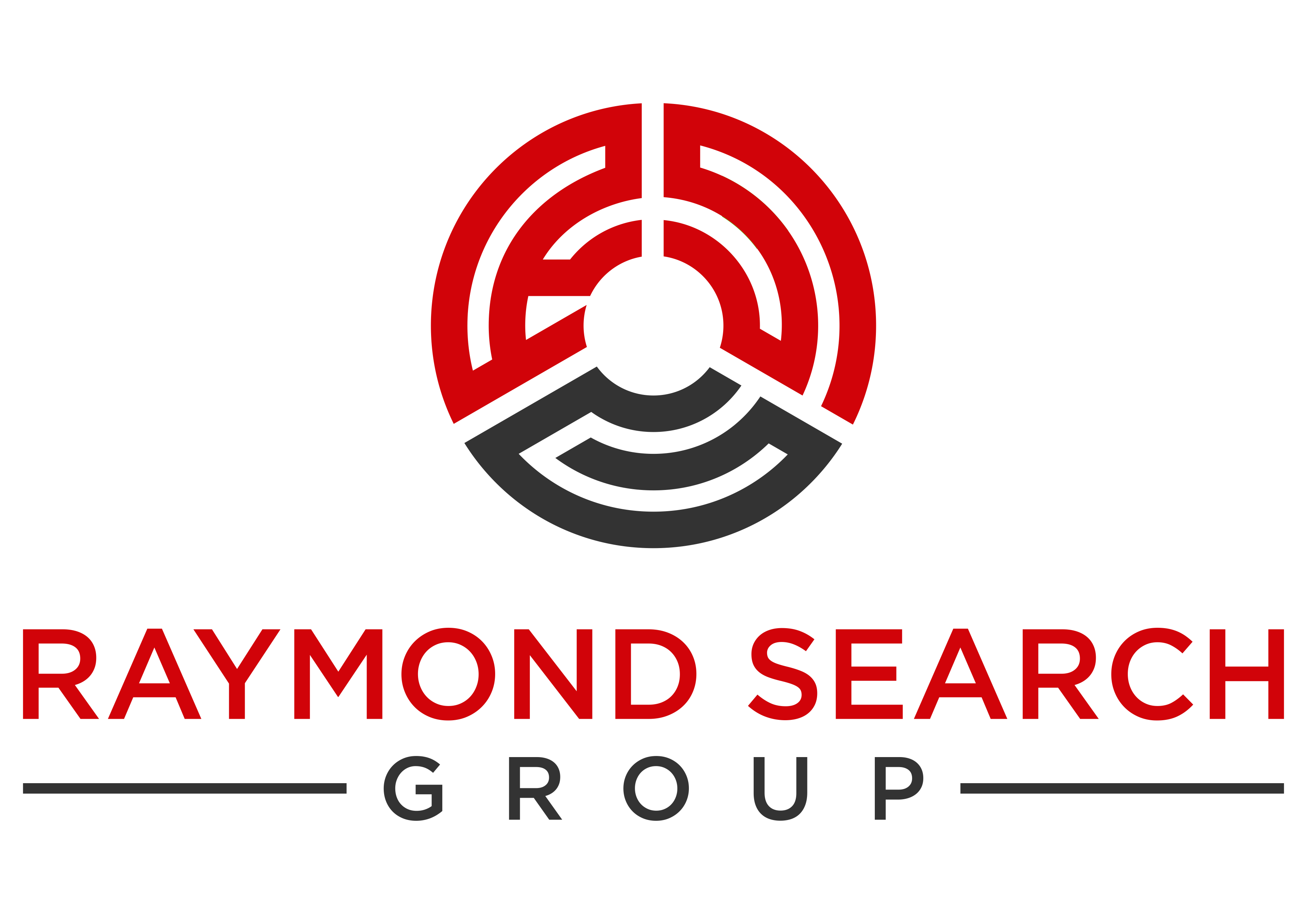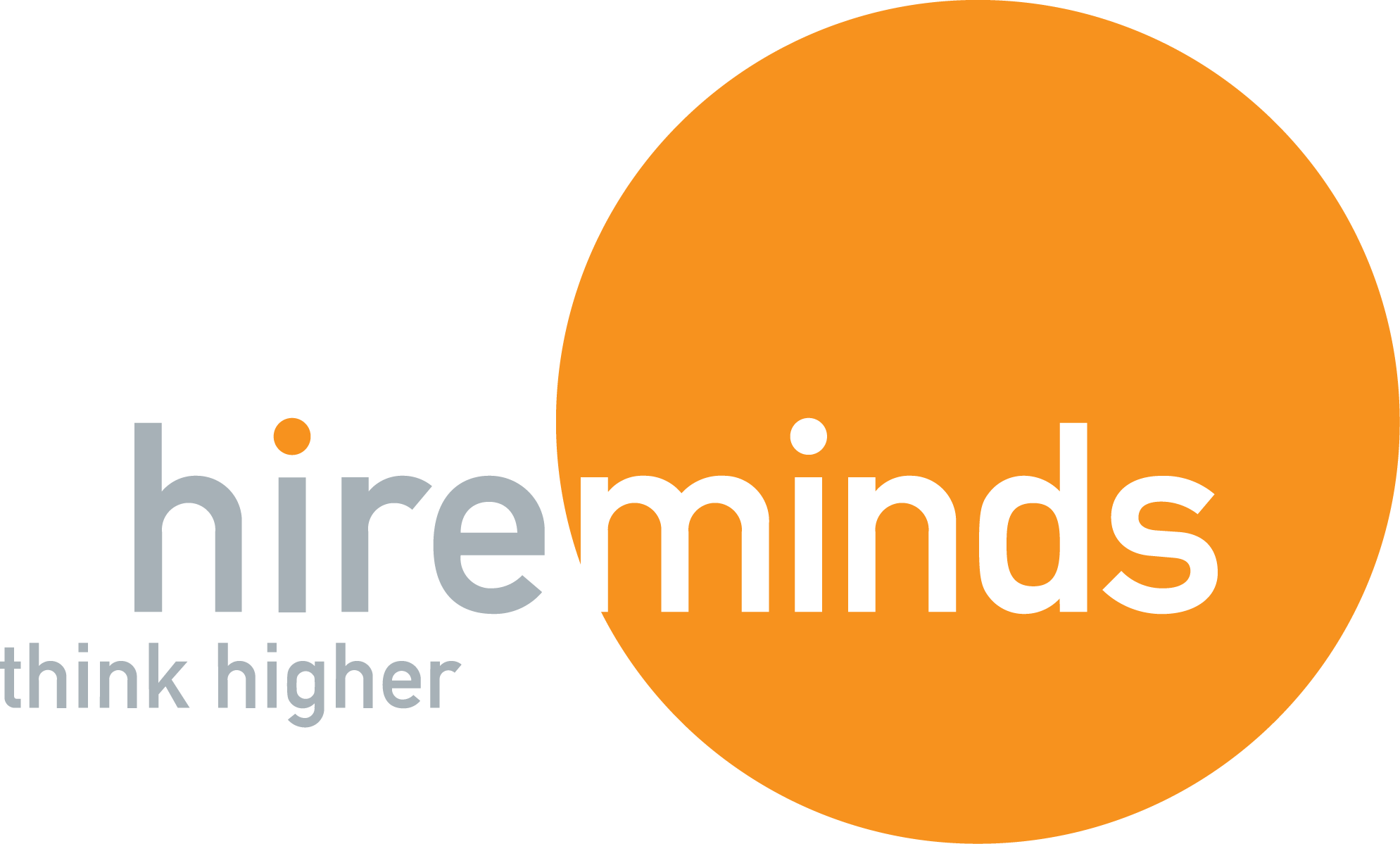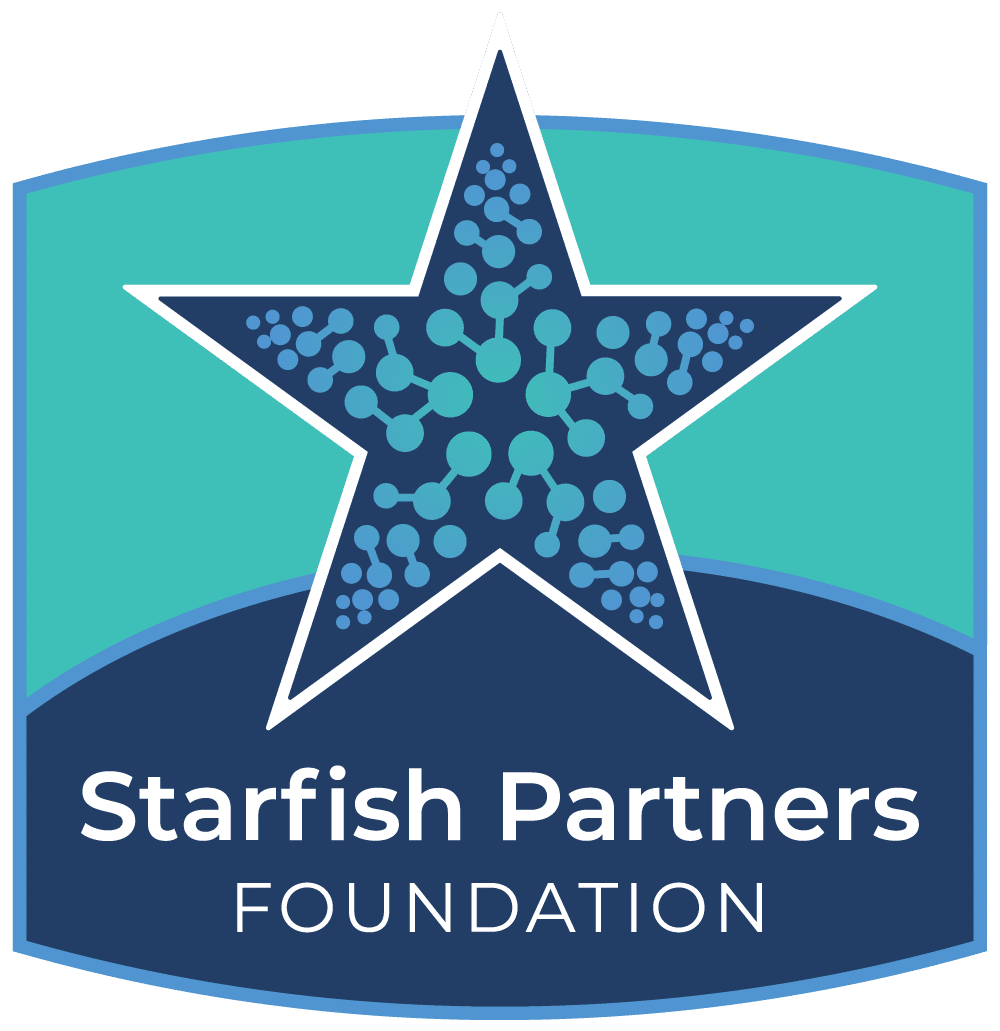
March 23, 2016
Sarah Pozek, Director of Life Sciences, Direct Recruiters, Inc., recently had the pleasure of interviewing Glenn Keet, Chief Executive Officer of ClinCapture, a leading provider of cloud- based e-Clinical software (clincapture.com). Mr. Keet was kind enough to answer questions about his career, the Life Sciences industry, and his philosophies for hiring and retaining top talent.
Tell us a little bit about yourself and ClinCapture.
I had always been strong in math and science, and when I graduated with a combined degree of Mechanical Engineering and Applied Sciences, I assumed I would become an engineer. But my first job out of college was with a software company, and I have been in software ever since. I now look back on my engineering degree as good training for any career – it taught me problem solving and critical thinking; two skills I use every day.
It just so happens that I started in a software company that had healthcare and insurance companies as clients, so I was exposed to healthcare IT from the start. Otherwise I might have ended up in any other software vertical. But I am glad to have been exposed to healthcare IT, since at the time it was far behind other industries in the use of information technology and tools to be efficient and competitive, therefore there was great opportunity to make an impact. I believe there still is.
Some would agree life sciences is even further behind its use of information technology, and this is because the highly regulatory environment has hampered adoption of software tools. It is the reason I chose to come to ClinCapture, as I see the same kind of opportunity in life sciences now that I saw in electronic health records in the mid-1990s.
ClinCapture, located in Silicon Valley, is a software-as-a-service vendor of electronic data capture (EDC) software, serving those sponsor companies running clinical trials, such as medical device manufacturers and drug companies, along with the contract research organizations (CRO) that outsource the running of clinical trials for the sponsors. EDC tools have been around a while, but have traditionally been used only by larger companies or larger trials – smaller companies or those running earlier phase trials have not had the wherewithal to deal with the cost and complexity of EDC software, and therefore use pen and paper or spreadsheets to collect data from their trials. ClinCapture aims to remove these barriers so that any size company or any phase trial uses EDC, and saves money in the process over paper or manual processes. Ultimately, ClinCapture aims to take $1.6B out of the cost of running clinical trials worldwide over the next 5 years.
What fascinating projects are you currently working on?
There are so many compelling stories in life sciences. I have the privilege of hearing about promising, breakthrough therapies years before the general public hears of them. I also get to work on solutions to problems through our software, like incorporating direct patient feedback into trials, or connecting and integrating the medical records systems that physicians use with our data capture solution so they can use the same tool when seeing one of their patients that happens to be participating in a trial.
You have worked in life sciences/HIT for over two and a half decades. What or who do you attribute your success to? Did you have a mentor(s)?
Mentors are important and helpful in taking you to the next level in your career. I had the privilege to work with a couple people that helped me learn and grow in ways I wouldn’t have on my own. At my first software job in the mid-1980s I worked for Connie Galley, one of the earlier female CEOs in the software industry, and she showed me the importance of getting close to clients. And Ray Scott, co-founder of Axolotl, taught me management skills that you can’t learn in books.
How has the industry changed since you entered it nearly 30 years ago, and where do you see it going?
I think the biggest change in Health IT over the past 30 years is the feasibility of integrated products. Thirty years ago, the integration of two products was more like a science project versus a standard or repeatable process. Over the past three decades, we have seen the creation and improvement of both data standards (HL7, CDISC, RxNorm, etc.) and application interface standards (open APIs, IHE, etc.) It is now very possible to create a solution of best of breed applications that far surpasses a monolithic, all-encompassing single vendor solution. This speeds innovation, as vendors can specialize in areas, and end users can get the benefit of improvement in a variety of areas much more quickly.
What trends are you seeing in the eClinical area?
I have seen a few breaking through. For example, the rise of eSource, which enables the capture and creation of clinical data in EMRs or other products, and how that will save time and money for data capture. Also, ePRO, which are patient reported outcomes that enables the clinical trial to incorporate patient feedback into the data. I recently co-authored a paper on this exact topic, which delves into much more detail on these and other trends. http://www.clincapture.com/resources/papers/top-eclinical-trends
Where do you see ClinCapture in 5 years?
With ClinCapure’s ability to remove virtually all the startup costs, and with our freemium platform, we calculate that we save our clients over $200,000 on average versus another EDC system. And probably more than that for those that would use paper due to the inefficiencies and errors, and then the additional manual labor if they intend to submit the results to the FDA or another country’s regulatory body. Therefore, our goal 5 years from now is to have taken $1.6B out of the costs clinical trials, allowing that money to be put to better use, like finding therapies.
Besides just EDC, ClinCapture is positioning itself to be a whole eClinical platform. With open APIs, we hope to have many partner products on our platform that are pre-integrated for our clients, making the applications share data seamlessly.
How do you retain top industry talent?
One of ClinCapture’s strategic initiatives is to attract and retain the right people for our organization. In order to achieve that, we have set goals to offer competitive salaries, stock options for most employees so they own a part of the company they work for, and career planning so that we are sure our employees are working towards their own career goals. Besides compensation and advancement, however, it is equally important that staff enjoy their time at work. We have a culture of work hard/play hard, and our team gets along like a big family.
Glenn Keet has worked in health care IT for almost three decades, and since May, 2014 has been CEO of Clinovo, Inc., now named ClinCapture, a leading vendor of cloud-based EDC software that serves entities engaged in clinical trials. Prior, Mr. Keet was SVP over Business Development on the Optum Health Care Cloud, focusing on developing the ecosystem of providers, developers and consumers.
Mr. Keet became part of Optum via the acquisition of Axolotl Corp., which he co-founded in 1995 and where he was President. Prior to his role as President, Mr. Keet had been head of Sales and Marketing, Business Development, and Professional Services.
In the first half of the 1990s, Mr. Keet held managerial positions for Mercator Software, now owned by IBM. Mercator sold general purpose EDI and HL7 mapping and translation engines used in health care, insurance and other industries.
Mr. Keet graduated from Lehigh University in 1986 with a BS in Mechanical Engineering and BA in Applied Sciences, and later attended Wharton’s Executive Leadership program. He has two teenage sons, and resides in Santa Cruz, CA.
[email protected], www.linkedin.com/in/glennkeet, 813-234-6653.






